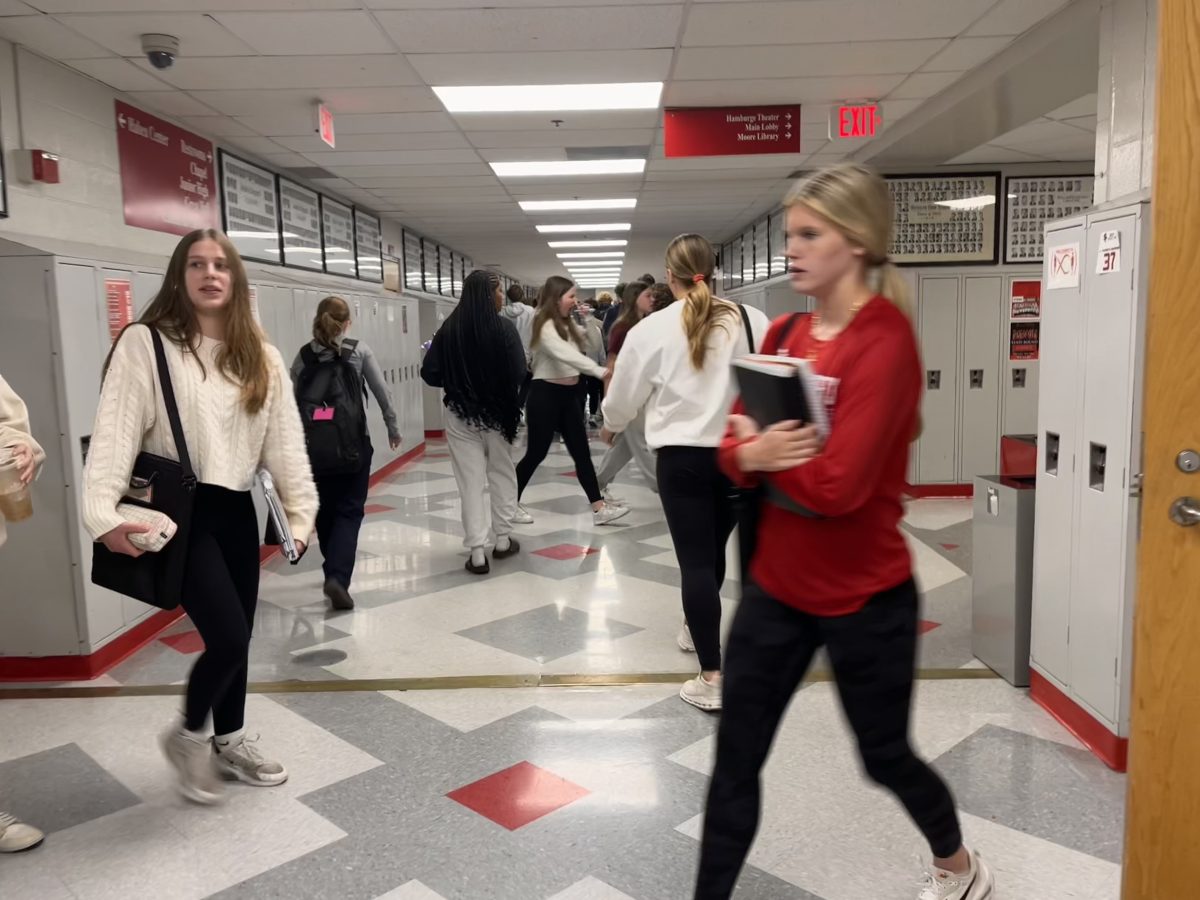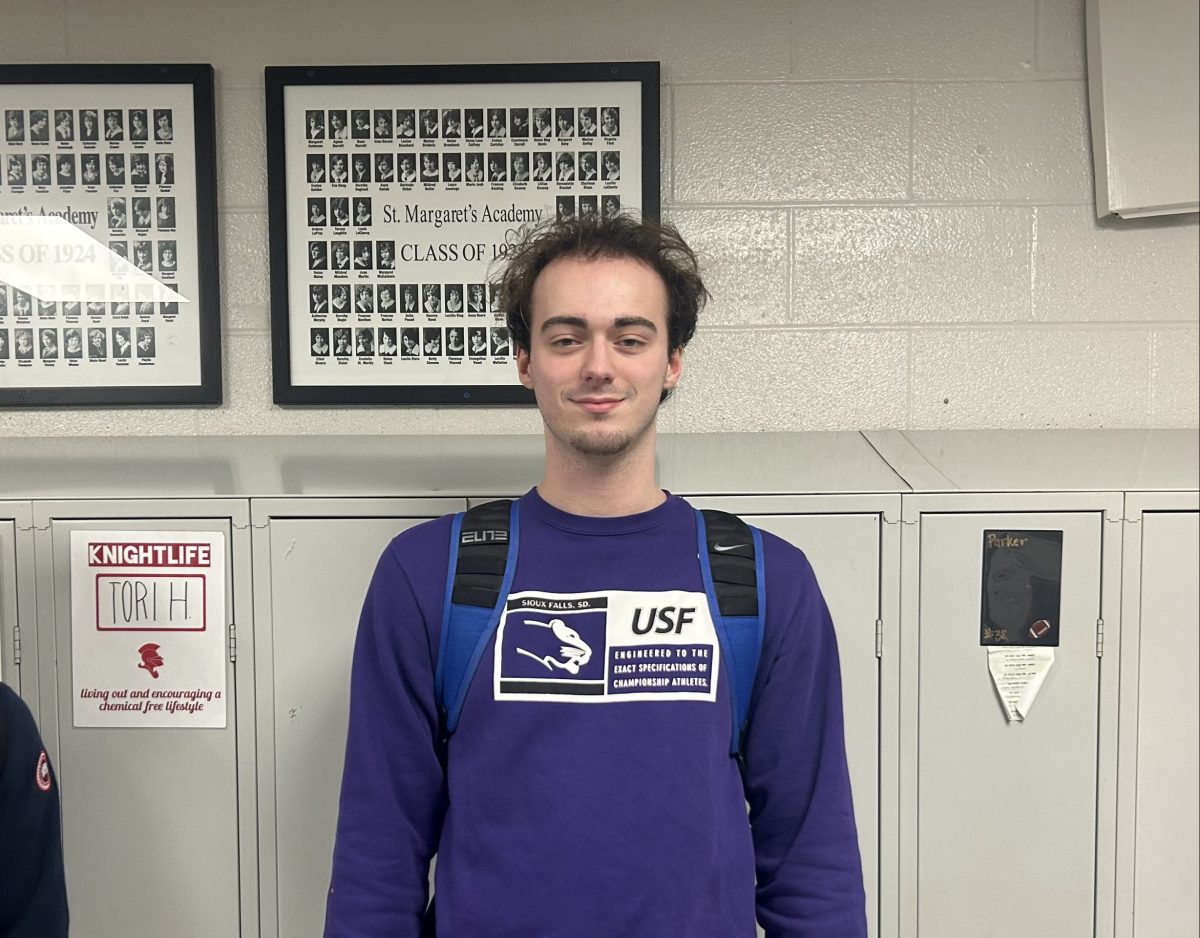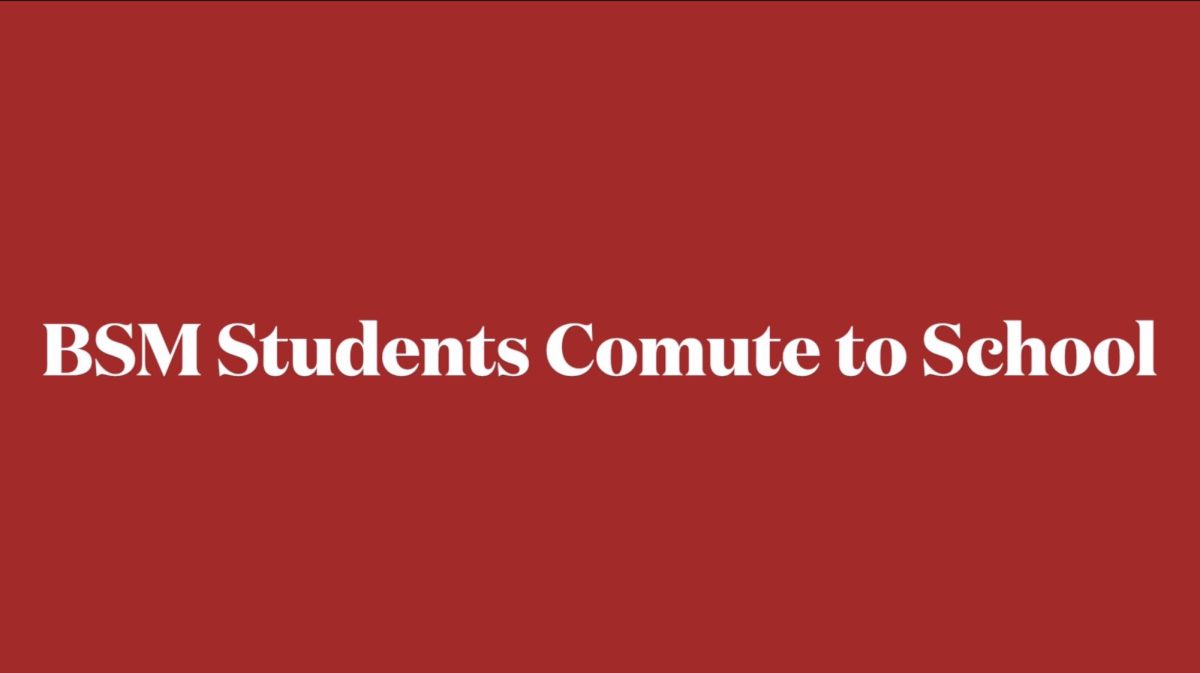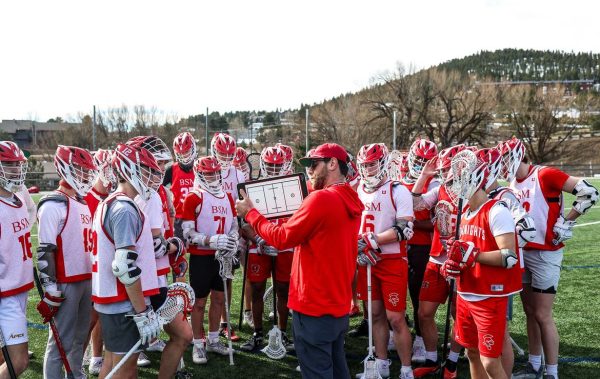Changing over the years: Students’ privileges change as they mature through high school
October 2, 2017
High school is a time of physical and psychological changes for teenagers as their bodies and brains prepare for adulthood. Within BSM, this development is apparent in the experiences of students and teachers through changes in maturity and social privileges.
Freshman year, especially for new students, is all about learning the way of the school. There are a million little details that make BSM unique, which can be confusing to new freshman; such as printer cards, dress code, and the block schedule. Possibly the most fearful of these concerns is the social component of being in a new school. In early adolescence, a teenager begins to gain the ability to reason abstractly and much of that abstract reasoning is devoted to creating a sense of ‘self.’ As K. Teipel of the Konopka Institute explains, the adolescent years, approximately age 13 until age 25, is all about going from an extension of their parents to an independently functioning adult.
In order to become an autonomous individual, the brain has created a process to gradually prepare adolescents for more responsibility. The entrance into high school is at the forefront of this time period, when individuals are just starting to break from their parents and consider who they are. This uncertainty, mixed with a new school and new peers can become quite overwhelming, but the BSM community tries to be welcoming to all. “All the people are super nice. At first I got lost a lot…. [the schedule] is confusing… but you can…ask people and they all help you,” freshman Annie Golinvaux said.
A huge concern for many people in freshman year is getting everything done as homework can be overwhelming in a new atmosphere and some think that freshman aren’t always the best at organizing. “[Freshman are] a little bit disjointed, can’t keep their stuff together——they don’t see the seriousness of school that much,” math teacher Ms. Joanie Sauer said.
Watching the progression of a freshman from being squirrely, scared, [and] confused, to a student as a senior who is focused, confident, and by the time next spring rolls around, ready to hit the world: it’s gratifying.
— Ms. Joanie Sauer
Social interactions can further anxiety for an incoming student as the pressure to be accepted and make friends can take priority. This desire, mixed with a less than developed sense of self, can lead to immature, irresponsible, or immoral behavior that isn’t well representative of the individual. Despite the difficulties, many freshmen have a positive outlook for the next four years of their life and beyond. “I procrastinate and stuff. I’m going to have to get out of that habit but I feel pretty hopeful…[I want to] leave high school…leaving a mark and making a name for myself,” freshman Johan Dominguez-Lopez said.
After all of the complexities of freshman year out of the way, and at least a few of the anxieties resolved, sophomore year can be a tipping point. High school students are able to return to building their sense of ‘self’ and, at the same time, they are beginning to gain more responsibilities at home and in the outside world, such as the right to drive. “Typically you see students…that are really immature. Somewhere [in] their sophomore year, all of a sudden they have a wake up call and they start realizing that their future is coming,” Sauer said.
Whether freshman year is easier or harder than others seems to depend on the student. Some, like sophomore Zander Coonan, like the increased independence. “The classes [taken sophomore year] are just easier in general. I got to have more say in what I did,” Coonan said. Others, especially if they had gone to the junior high, felt that freshman year was much easier. “That’s the GPA booster,” junior Sarah Frenz said.
However the first two years of high school are viewed, junior year has gained a formidable reputation. “I don’t really know what my expectations are. I’ve hardly gotten to chemistry and it’s already become a beast. Studying for the ACT or SAT is hard… that’s really the biggest part of junior year,” Frenz said.
The stress of college is presented in junior year but looms fully into senior year, when applications and deadlines are crucial. “As freshman they tend to be very squirrely, talking out in class, giving each other grief, and not knowing the limits. By the time they get to be juniors and seniors they have really matured… A lot of them are scared about the future and they’re spending a lot of time worrying about next year and they feel like they need to be ready for college today,” Sauer said.
Over the years a certain stereotype has developed for senior year. As the oldest students of the school, there are a couple of benefits unique to seniors. Starting in first semester, seniors get to take days off, come in late, or leave early when other grades would be have tests or meetings. Second semester seniors can earn the rights to use their school ID as a hall pass, leave early, skip finals, and they get out weeks before other grades. “There’s a certain hype [to senior year]…everyone kind of wants to make the most of our time left and do everything we can” senior Alexa Reynders said.
Senior year is a year filled with stress and fear for the future, but it is also a year of reflection, joy, and relief. “Fitting in was a big thing [in freshman year]. I now see the school, and I just see a school…this is a lot smaller than I remember,” senior Blake Brown said.
Throughout high school, students mature, and, by the end of their four years, they are beginning to combine the aspects of their newly complex minds to find a balance between family influences and friends. As freshmen, students are just beginning to understand themselves and the physical attributes of their growing minds and bodies; but by the end of high school, seniors have a working interpretation of themselves from which to build off of, and most of their thoughts are centered around the future. “Watching the progression of a freshman from being squirrely, scared, [and] confused, to a student as a senior who is focused, confident, and by the time next spring rolls around, ready to hit the world: it’s gratifying,” Sauer said.


























































michael hawkins • Oct 2, 2017 at 8:40 pm
Great article, well presented and important.
M. Hawkins